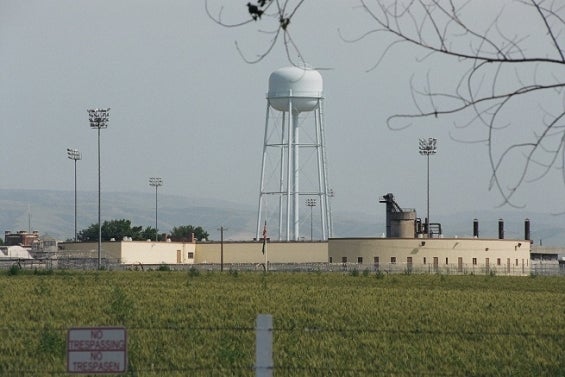Headline News
U.S. Goes ‘Back To The Future’ With Prisons For The Poor

The image of debtors’ prisons for many is something out of a Charles Dickens novel, an inhumane 19th century method to punish the working poor who fell behind on their payments. But while the U.S. Supreme Court declared them unconstitutional more than 30 years ago, hundreds of people across the country are finding themselves behind bars when they cannot cover tickets and court fees.
The supposedly distant relic of a bygone era is back with a vengeance due to local governments that contract with private probation companies like Judicial Correction Services (JCS). In jurisdictions mostly across the Deep South and Intermountain West, residents who are tardy in paying fines for speeding or other petty violations can find themselves on probation if they are caught. And that’s when the nightmare begins.
First there are the court fees. Then, there are placed under the supervision of private companies like JCS, which charge additional monthly fees. The charges begin to add up, and for those struggling to make ends meet, sometimes it can be too much. Next stop – a jail cell.
“The central problem with offender-funded, pay only probation is this: the longer it takes offenders to pay off their debts, the longer they remain on probation and the more they pay in supervision fees,” a report released by Human Rights Watch earlier this year states. “In other words, the poorer a person is the more they ultimately pay and the longer they have to live with the threat of possible incarceration hanging over their heads. Some low-income offenders end up paying more in fees to their probation company than they were sentenced to pay in fines to begin with.”
There is no way to determine how many Americans have fallen victim to this new system of “justice” because most courts do not track and do not know how much these probation companies collect in fees from the probationers assigned to them. The fact remains, however, that misdemeanor courts are routinely jailing probationers who say they cannot afford to pay what they owe.
What is going on here? These practices are just another example of what happens when you have a society being torn apart by income inequality. The U.S. stands at the precipice of a “new Gilded Age” full of extravagances for the most fortunate while those at the other end – many of whom are working to try to support their own families – end up behind bars for not being able to pay ridiculous fees that help cover the outsourcing of traditional government services.
America shouldn’t be taking a step back in history to a time when the rich ran the country and the working poor puttered along. Yet here is where this nation stands. More than a century ago, the union movement helped bring justice to those being left behind. The Teamsters and others are ready to lead again.
Now Americans need to decide to push back against the powerful as well. Because prison shouldn’t be a place for those who can’t pay parking tickets.